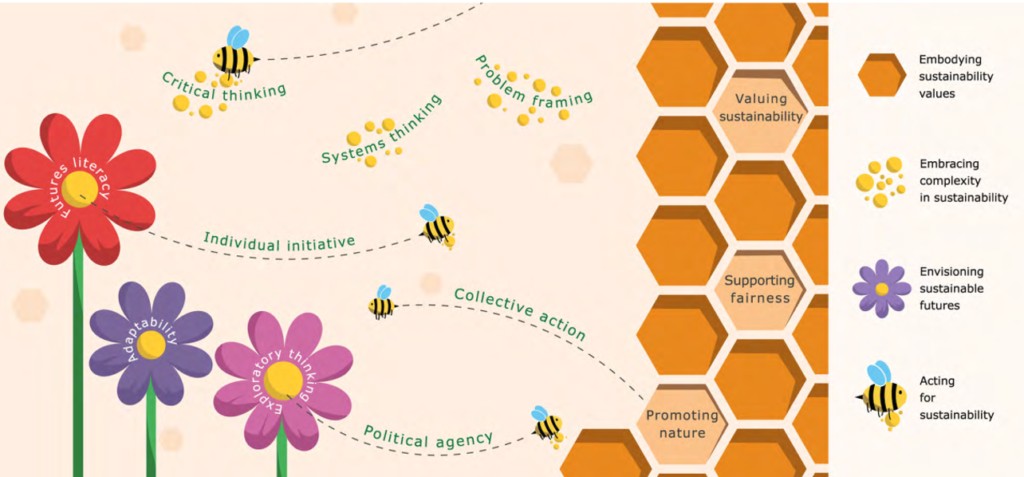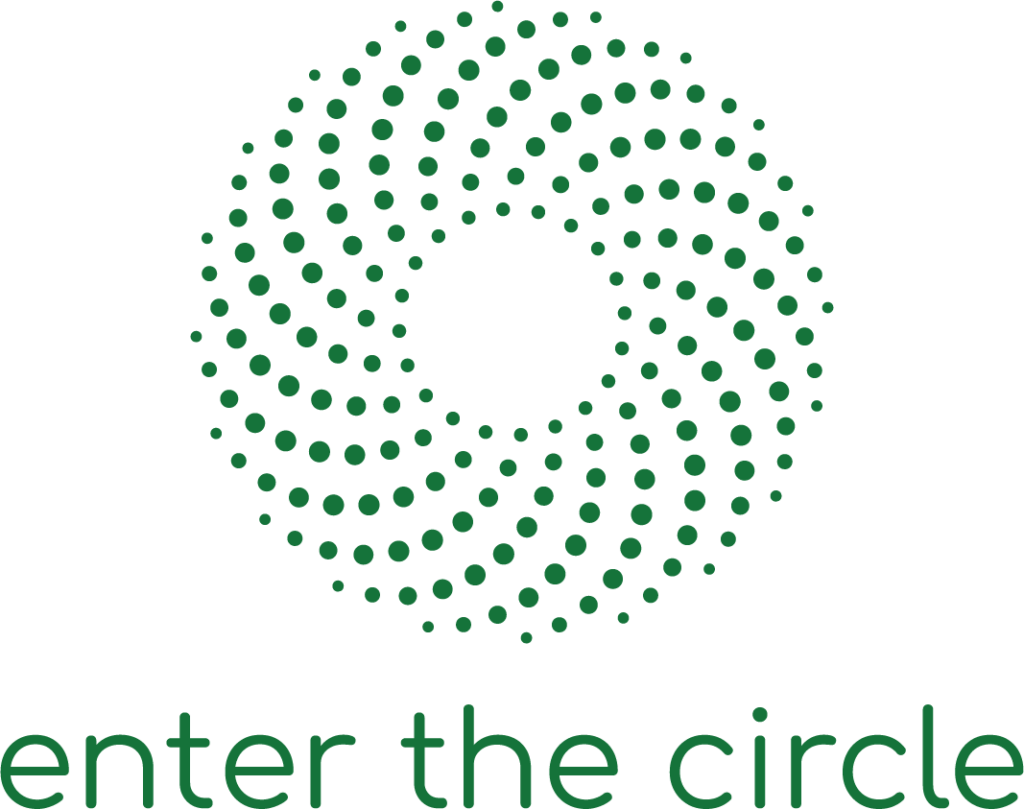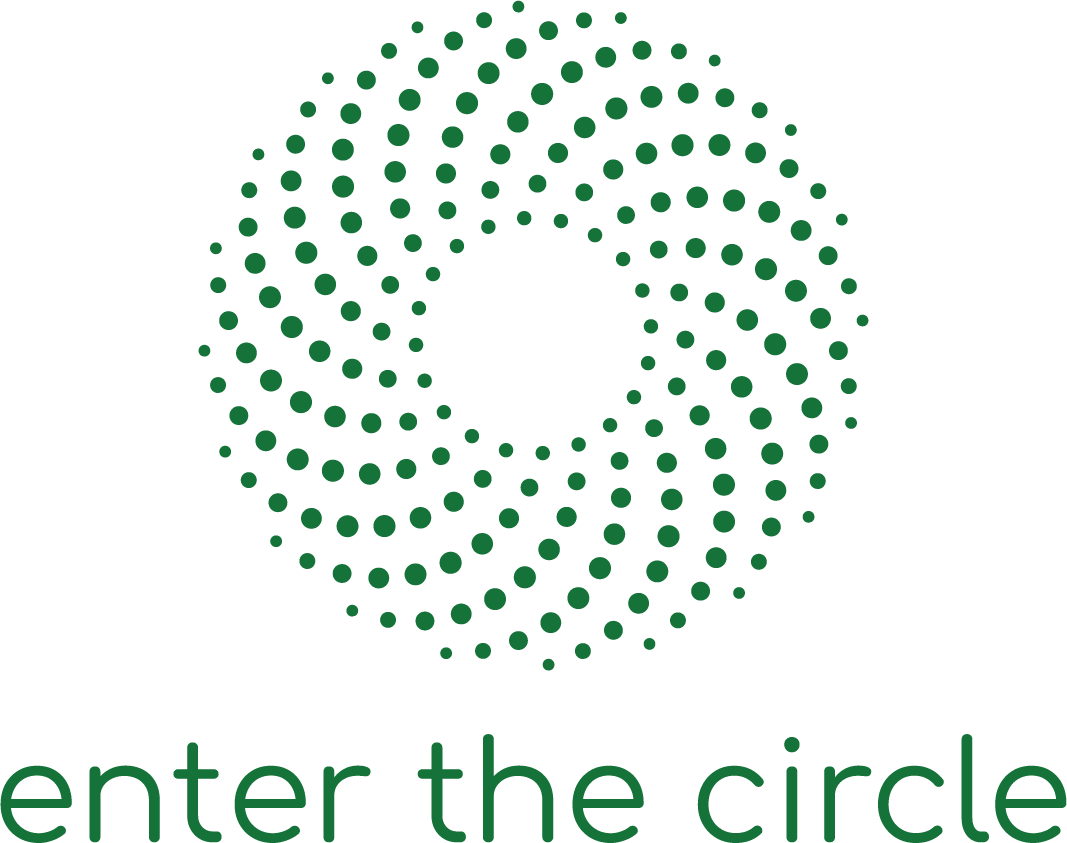According to the European Union, it is essential to incorporate sustainability into education and training in order to develop the necessary knowledge, skills, and attitudes to properly value and protect the planet.
For this, the Greencomp, a framework for sustainable competences identifies 4 areas of work and 12 competencies that all citizens should develop in order to become proficient in sustainability. They state that having a sustainability competence allows individuals to embody sustainability values, understand complex systems, and take action to restore and maintain the health of ecosystems while promoting justice, and creating a vision for a sustainable future.

Area 1: Embodying sustainability values
• Valuing sustainability
Consider one’s own values, examine the differences in values among individuals and throughout history, and critically assess their compatibility with values related to environmental sustainability.
• Supporting fairness
Promote fairness and righteousness for both present and future generations, and gain knowledge from past generations in order to achieve sustainability.
• Promoting nature
Recognize that humans are a part of the natural world, and show reverence for the necessities and privileges of other forms of life and the environment itself in order to rejuvenate and strengthen robust and adaptable ecosystems.
Area 2: Embracing complexity in sustainability
• Systems thinking
To tackle a problem of sustainability from all angles; to take into account time, location, and surroundings in order to comprehend how various components interact within and across systems.
• Critical thinking
Evaluate data and reasoning, recognize underlying assumptions, question the status quo, and reflect on how one’s own, societal and cultural background shape thinking and final conclusions.
• problem framing
Frame current or possible challenges as a sustainability issue by considering its level of difficulty, the individuals involved, the time frame, and the geographical extent, so as to determine appropriate methods for predicting and avoiding issues, as well as for lessening and adapting to problems that already exist.
Area 3: Envisioning sustainable futures
• Futures literacy
Think of and create different sustainable possibilities for the future by constructing alternative scenarios and determining the actions required to attain a preferable sustainable future.
• Adaptability
Handle shifts and difficulties in intricate sustainability situations and make choices related to the future despite uncertainty, vagueness and hazards.
• Exploratory thinking
To adopt an interrelated perspective by studying and connecting various fields, utilizing creativity and experimenting with new concepts or techniques.
Area 4: Acting for sustainability
• Political agency
Understand how the political system works, recognize who is responsible and accountable for unsustainable actions, and advocate for efficient sustainability policies.
• Collective action
To act for change in collaboration with others.
• Individual initiative
Identify own potential for sustainability and to ac tively contribute to improving prospects for the community and the planet.
A sustainability competency equips individuals with the ability to embody values of sustainability, and understand complex systems, in order to initiate or advocate for actions that rejuvenate and preserve the health of ecosystems, promote justice, and create visions for a sustainable future.

